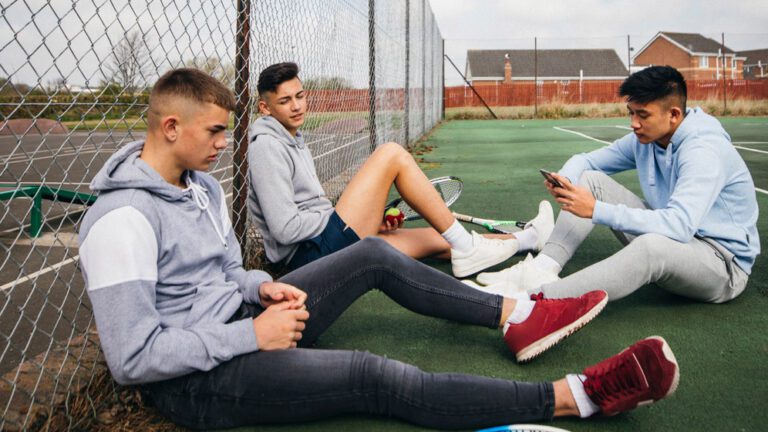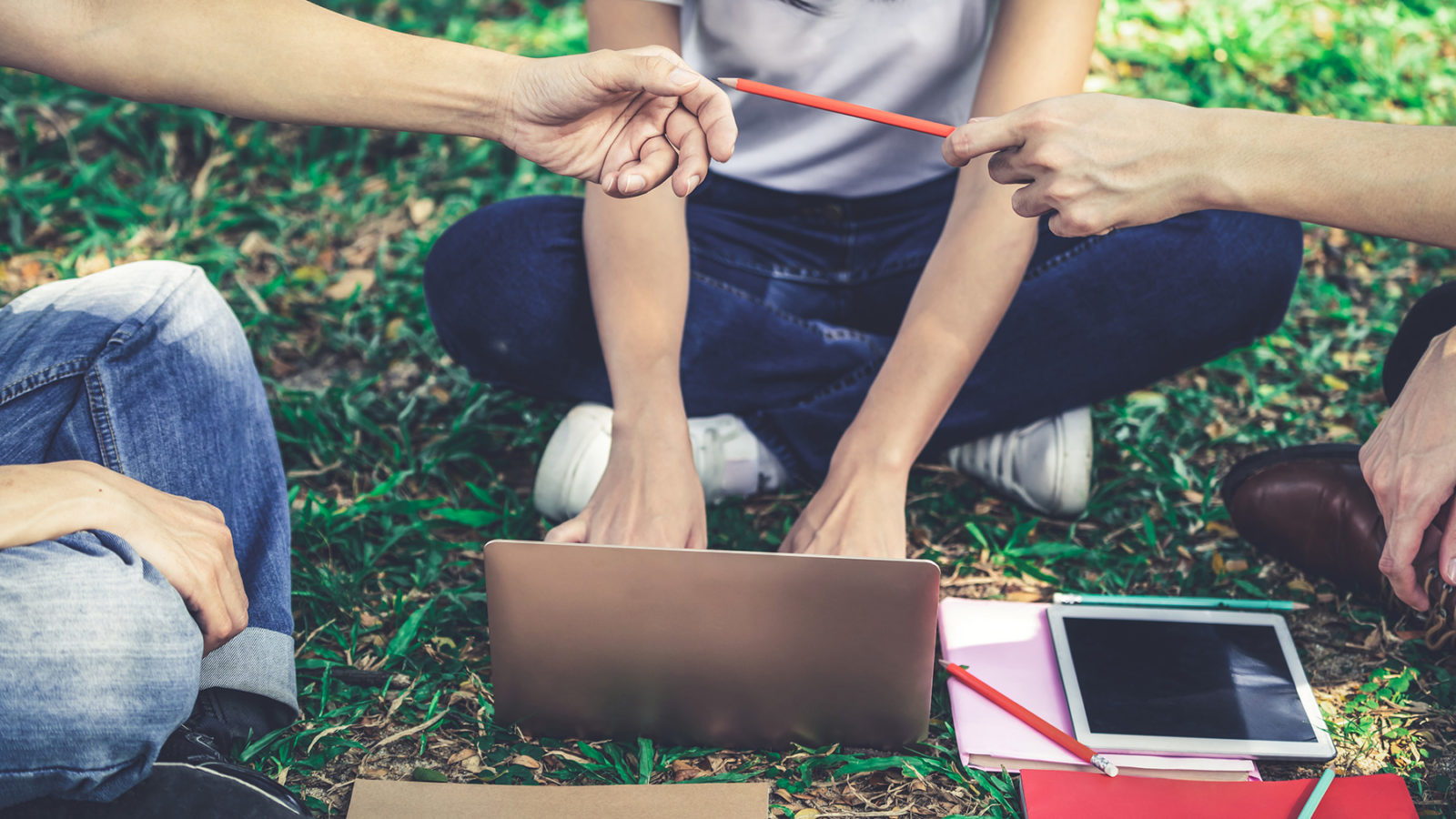We’ve all heard the term ‘bully’ get thrown around, but what is usually meant by the term ‘bully’?
What is bullying and what do you do when you experience bullying? Maybe someone has called you a bully and you’re worried they might be right?
We’ll explain what bullying actually is, the behaviour that goes along with it, and how to deal with bullies at school.






